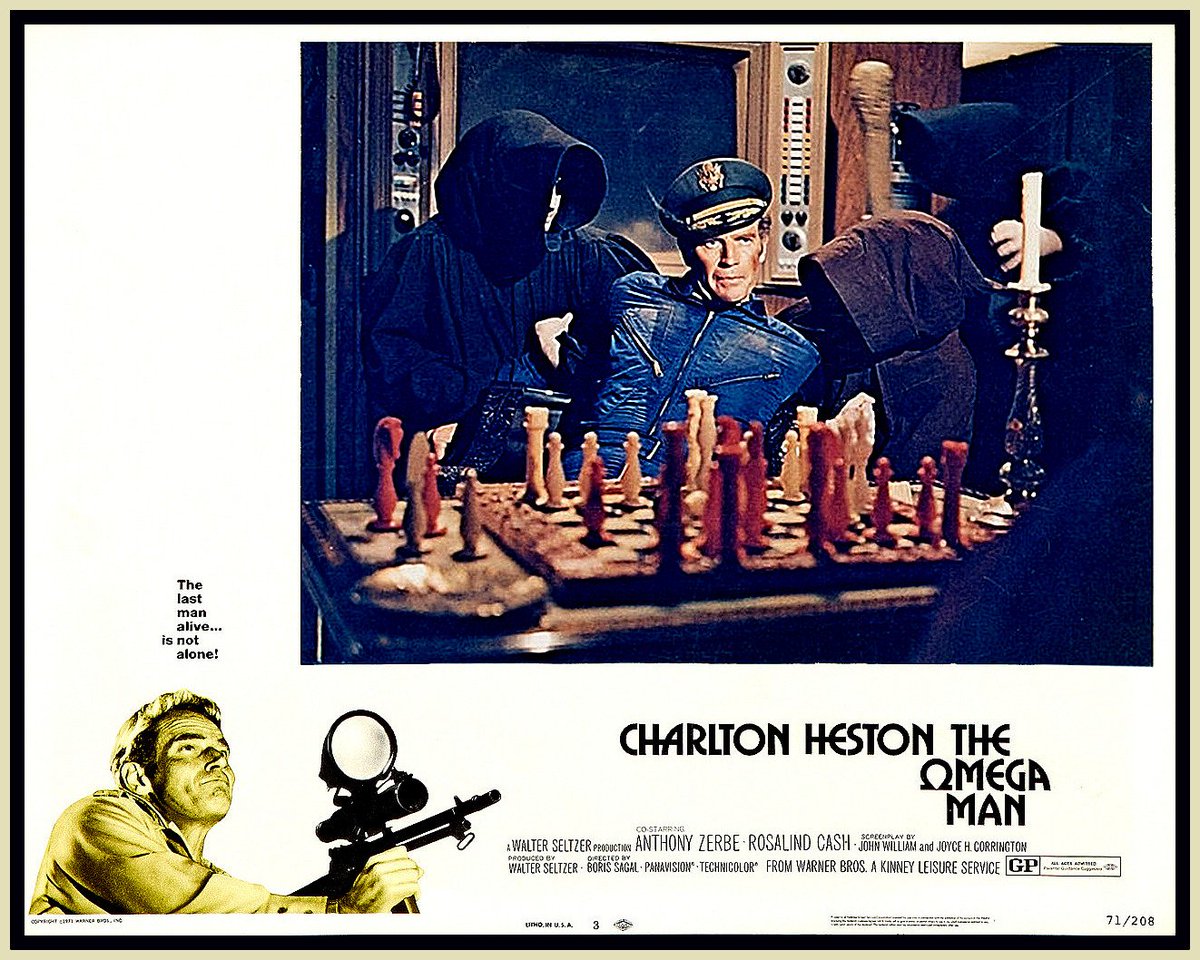 Melbourne folk, please join myself and my coeditor, Iain McIntyre, on Tuesday, December 3 for the Melbourne launch of Sticking it to the Man: Revolution and Counterculture in Pulp and Popular Fiction, 1950-1980. Entry is free and the event will kick off at 6.30pm at the Old Bar, 74-76 Johnson Street, Fitzroy.
Melbourne folk, please join myself and my coeditor, Iain McIntyre, on Tuesday, December 3 for the Melbourne launch of Sticking it to the Man: Revolution and Counterculture in Pulp and Popular Fiction, 1950-1980. Entry is free and the event will kick off at 6.30pm at the Old Bar, 74-76 Johnson Street, Fitzroy.
The book will be launched by Melbourne literary historian and pulp fiction fan, Stuart Kells. There will be readings from some of the novels featured in Sticking it to the Man, music from DJ Bruce Milne, and copies of the book will be available at a reduced price. We’ll also throw in a free pulp novel with every purchase. Kids are welcome.
I hope to see some of you there.
This is the second pulp and popular fiction related history book that Iain and me have done and it is a glorious, full colour volume. From Civil Rights and Black Power to the New Left and Gay Liberation, the 1960s and 1970s saw a host of movements shake the status quo. With social strictures and political structures challenged at every level, pulp and popular fiction could hardly remain unaffected. Feminist, gay, and black authors broke into areas of crime, porn, and other paperback genres previously dominated by conservative, straight, white males.























